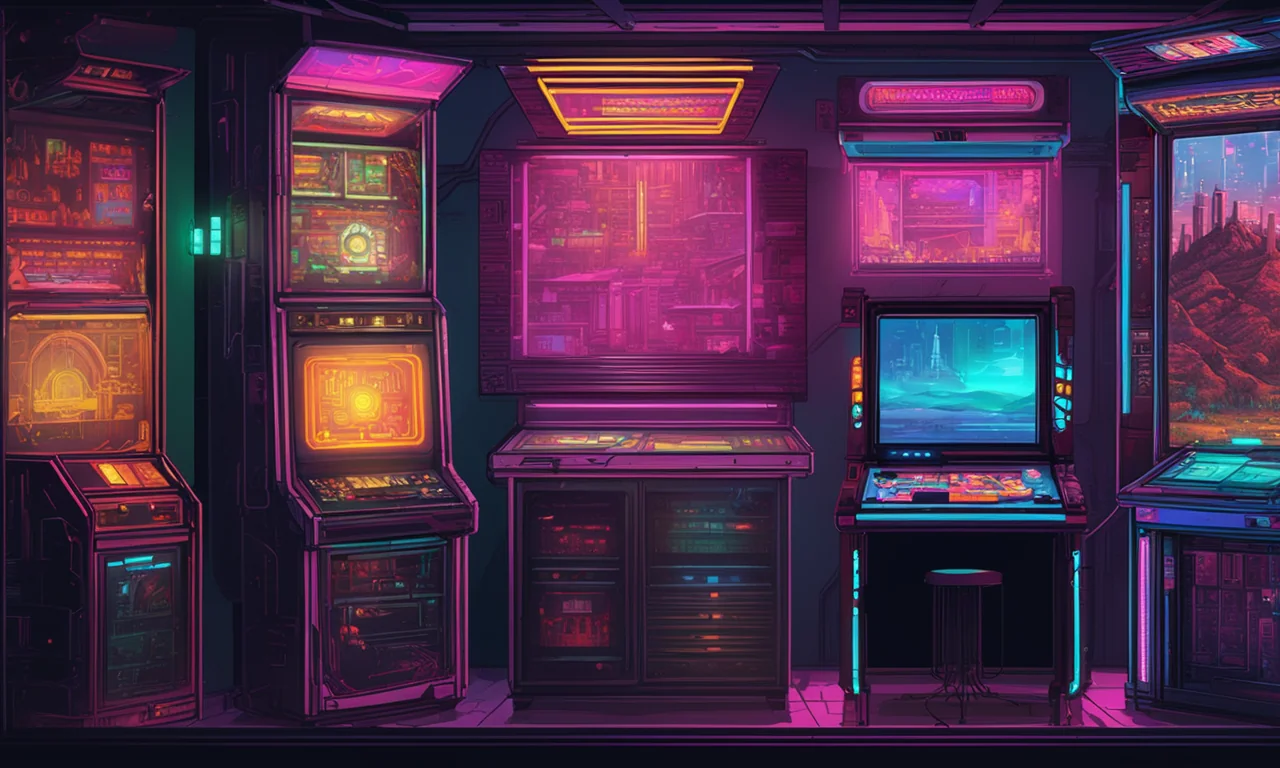
Gamers Challenge Historical Narratives and Push for Preservation Efforts
Grassroots advocacy for inclusivity and archiving grows as commercial influence intensifies this week
Today's Bluesky #gaming edition reveals a community deeply invested in challenging the narratives of gaming history, advocating for preservation, and grappling with the evolving intersections of culture and commerce. From candid reflections on access and nostalgia to the ever-shifting influence of corporate interests, the conversation is vibrant, self-aware, and unafraid to push boundaries.
Redefining Gaming History and Community Memory
A recurring theme is the critique of dominant gaming narratives, particularly those centered on a narrow slice of American experience. Posts like this perspective on the mythic Nintendo Christmas and its exclusionary lens challenge the notion that gaming's history is monolithic. The dialogue continues as others highlight the economic realities that shaped their gaming experiences, such as this candid admission about childhood poverty and its impact on access to games.
"The way I tell peers about gaps in my gaming history and they are like frustrated with me and then I tell them 'I was poor' and they have no idea how to respond is always wild."
Further, the conversation expands to acknowledge overlooked platforms and global diversity, as seen in remarks about the prevalence of European computers and non-console gaming experiences. The nostalgia for obscure formats is also alive in the enthusiastic response to a community-led effort to preserve all 54 official clickwheel iPod games , underscoring the value of archiving marginalized gaming artifacts.
"If you're my age and you have no memory of digging around for free flash or klik n play games, or you never knew kids who only played at the arcade, you're starting down two strikes with me."
Preservation, Creativity, and Corporate Influence
The drive to preserve gaming's diverse history is matched by a celebration of creativity and indie innovation. From retro art tributes like this edgy Sonic ad to playful indie dev banter about bugs and originality , the community demonstrates a passion for both nostalgia and pushing creative boundaries. The conversation around fetch quests reflects a broader appreciation for game design that fosters connection and immersion.
"Fetch quests are kinda like little reminders that the world doesn't revolve around you. Sometimes you're just doing something little for someone else, and that's what makes the world feel more alive."
Amidst these grassroots efforts, there is growing concern over the encroachment of corporate interests. The revelation of Visa's strategic push to dominate the gaming ecosystem raises questions about the future of gaming culture, with users voicing skepticism about motives and influence. Even major platform posts draw scrutiny, as the community debates authenticity and the power dynamics between gamers and corporations.
Gaming Culture: Playfulness, Connection, and Debate
The Bluesky #gaming community also reflects the playful and provocative spirit of gaming culture. From irreverent social posts that spark cheeky replies to lively meme exchanges and debates over authenticity, the space remains a dynamic blend of humor, camaraderie, and critical thought. Indie developers, fans of retro formats, and mainstream gamers alike find common ground in their enthusiasm for sharing, debating, and remixing the meaning of games.
Whether reminiscing about classic Sonic rivalries or imagining new gameplay mechanics, the threads reveal a community that is as much about connection and mutual discovery as it is about competition and critique.
In sum, today's Bluesky #gaming discourse illustrates a field in flux, determined to expand its sense of history, resist easy commercialization, and celebrate the full spectrum of play. The community's willingness to engage with uncomfortable truths, champion preservation, and maintain a playful edge points toward a future where gaming is ever more inclusive, inventive, and self-reflective.
Every community has stories worth telling professionally. - Melvin Hanna